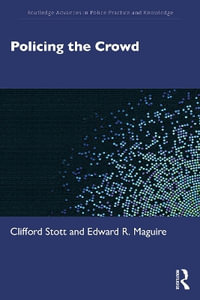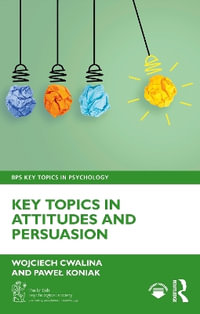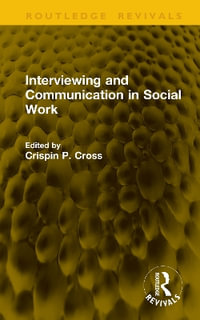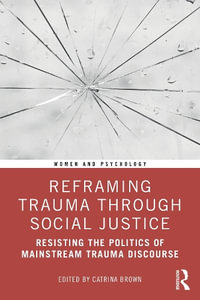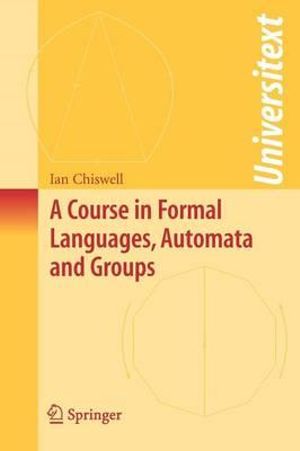
At a Glance
Paperback
$84.99
Ships in 5 to 7 business days
ISBN: 9781848009394
ISBN-10: 1848009399
Series: Universitext
Published: 6th February 2009
Format: Paperback
Language: English
Number of Pages: 168
Audience: College, Tertiary and University
Publisher: Springer Nature B.V.
Country of Publication: GB
Dimensions (cm): 22.86 x 14.61 x 1.27
Weight (kg): 0.27
Shipping
| Standard Shipping | Express Shipping | |
|---|---|---|
| Metro postcodes: | $9.99 | $14.95 |
| Regional postcodes: | $9.99 | $14.95 |
| Rural postcodes: | $9.99 | $14.95 |
Orders over $79.00 qualify for free shipping.
How to return your order
At Booktopia, we offer hassle-free returns in accordance with our returns policy. If you wish to return an item, please get in touch with Booktopia Customer Care.
Additional postage charges may be applicable.
Defective items
If there is a problem with any of the items received for your order then the Booktopia Customer Care team is ready to assist you.
For more info please visit our Help Centre.
You Can Find This Book In
This product is categorised by
- Non-FictionMathematicsGroups & Group Theory
- Non-FictionLanguage & LinguisticsReference, Dictionaries & Guides
- Non-FictionComputing & I.T.Computer ScienceMathematical Theory of Computation
- Non-FictionMathematicsTopologyAlgebraic Topology
- Non-FictionMathematicsGeometryAnalytic Geometry
- Non-FictionMathematicsMathematical FoundationMathematical Logic
- Non-FictionMathematicsAlgebra






